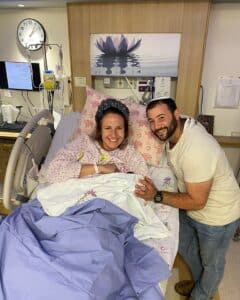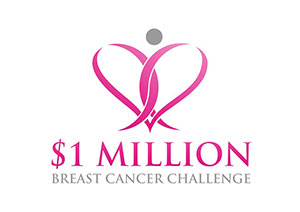A new test for sperm called MACS (magnetic-activated cell sorting) can raise the success rates of fertility treatments for couples whose cause for infertility is not known, according to Jerusalem’s Shaare Zedek Medical Center.
The technique was recently introduced in the hospital lab of Dr. Ephrat Schoenberger.
In at least a quarter of infertility cases, doctors have not been able to determine the cause. Fertility experts use advanced treatments to improve sperm quality and produce embryos for returning to the woman’s body via in-vitro fertilization.
Recent discoveries point to fragile DNA in the sperm cells as the cause of the failure to produce a pregnancy. At Shaare Zedek, the technology is used to carry out MACS and the sperm chosen are less fragile.
Prof. Hananel Holtzer, head of the hospital’s IVF unit, said that sperm with defective DNA often lead to a defective fetus and a high risk of miscarriage. To reduce the number of fragile sperm cells, they are “marked” with “microbeads” and put through a special sorting/filtration process so they are then allowed to impregnate the ova.
On a sabbatical at McGill University on Montreal, Holtzer learned and used the technique and recently published his work in the Journal of Assisted Reproduction and Genetics. “The research applied Halo Sperm technology for the first time, using the sperm of a man who survived cancer whose sperm were frozen before his chemotherapy treatment.
But his sperm were found to have very fragile DNA. By using this technique, his wife was able to get pregnant, and she gave birth to healthy twins.”










